An organization's intelligence is distributed to the point of being ubiquitous
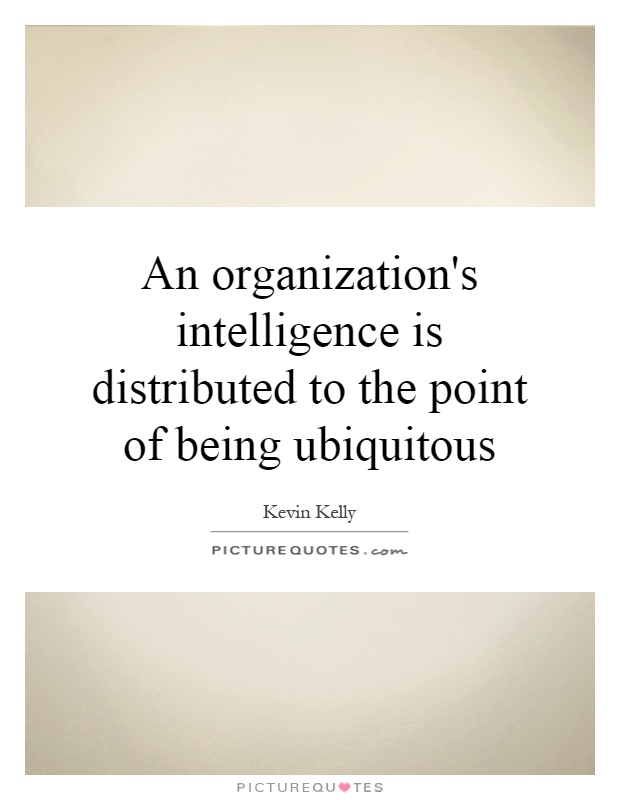
An organization's intelligence is distributed to the point of being ubiquitous
Kevin Kelly, a renowned technology writer and futurist, has long been an advocate for the idea that an organization's intelligence is distributed to the point of being ubiquitous. In his book "The Inevitable: Understanding the 12 Technological Forces That Will Shape Our Future," Kelly explores how advancements in technology are leading to a world where intelligence is no longer confined to a few individuals or centralized locations, but rather is spread out across networks and systems.Kelly argues that the rise of the internet and other digital technologies has enabled organizations to tap into a vast array of information and knowledge that was previously inaccessible. This has led to a democratization of intelligence, where anyone with access to the internet can contribute to the collective intelligence of an organization. In this way, intelligence is no longer limited to a select few experts or leaders, but is instead distributed throughout the entire organization.
One of the key implications of this distributed intelligence is that organizations are able to make better decisions and solve complex problems more effectively. By tapping into the collective knowledge of their employees, customers, and partners, organizations can leverage a diverse range of perspectives and insights to inform their decision-making processes. This can lead to more innovative solutions, increased agility, and a competitive advantage in the marketplace.
Furthermore, Kelly argues that the ubiquity of intelligence in organizations is leading to a shift in the way that work is organized and carried out. Traditional hierarchical structures are being replaced by more decentralized and networked models, where individuals are empowered to take on greater responsibility and autonomy. This allows organizations to adapt more quickly to changing market conditions and customer needs, and to respond more effectively to emerging opportunities and threats.
Overall, Kevin Kelly's concept of ubiquitous intelligence challenges traditional notions of how organizations operate and make decisions. By embracing the idea that intelligence is distributed throughout the organization, companies can harness the full potential of their employees and stakeholders, leading to greater innovation, agility, and success in the digital age.
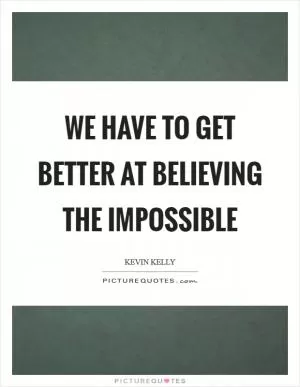
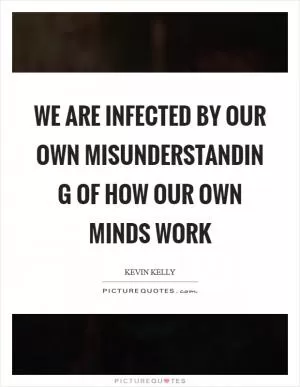
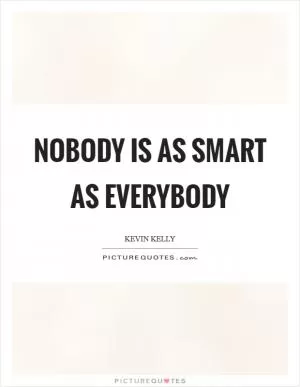
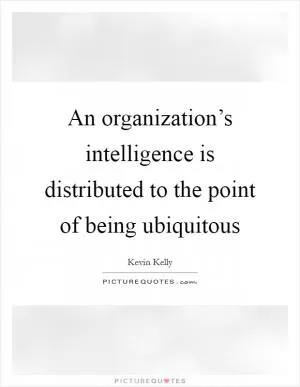

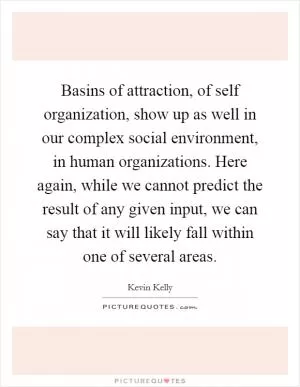


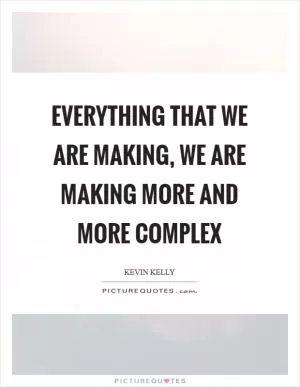


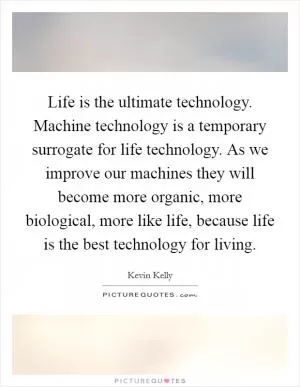
 Friendship Quotes
Friendship Quotes Love Quotes
Love Quotes Life Quotes
Life Quotes Funny Quotes
Funny Quotes Motivational Quotes
Motivational Quotes Inspirational Quotes
Inspirational Quotes